Lower back pain and swelling may be related to factors such as lumbar muscle strain, lumbar disc herniation, urinary system stones, gynecological diseases, kidney deficiency, etc. Lower back pain and swelling are common symptoms, usually manifested as soreness and pain in the lower back, which may be accompanied by restricted movement or radiating pain. It is recommended to seek medical attention promptly and receive targeted treatment after identifying the cause.
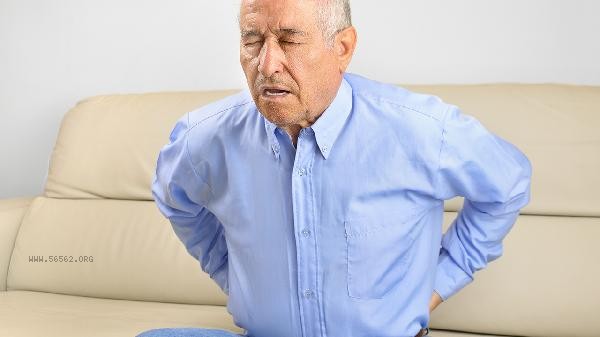
1. Lumbar muscle strain
Lumbar muscle strain is a common cause of lower back pain, often due to long-term poor posture, excessive fatigue, or catching a cold in the waist. Patients often feel soreness and pain in their lower back, which worsens after exercise and improves after rest. Traditional Chinese medicine believes that lumbar muscle strain is related to poor circulation of qi and blood, and symptoms can be relieved through massage, moxibustion, and other methods. Daily attention should be paid to maintaining correct sitting posture, avoiding prolonged sitting and standing, and conducting appropriate waist exercises.
2. Lumbar disc herniation
Lumbar disc herniation may compress nerve roots, causing lower back pain and swelling, which may radiate to the lower limbs. This situation is often related to long-term weight-bearing, improper posture, or external injuries. The patient may experience symptoms such as restricted lumbar movement and numbness in the lower limbs. Acupuncture and moxibustion, massage and other traditional Chinese medicine methods can be used for treatment, and surgery should be considered in serious cases. It is advisable to avoid lifting heavy objects in daily life, and sleeping on a hard bed can help alleviate symptoms.
3. Urinary system stones
Urinary system stones such as kidney stones and ureteral stones can cause lower back swelling and pain, which is often paroxysmal and may be accompanied by symptoms such as hematuria and frequent urination. The pain may worsen when the stone moves. Traditional Chinese medicine believes that stones are related to damp heat bet, and traditional Chinese patent medicines and simple preparations such as Lysimachia Granules and Paishi Granules can be taken as adjunctive treatment. Drink more water in daily life and limit the intake of high purine foods.
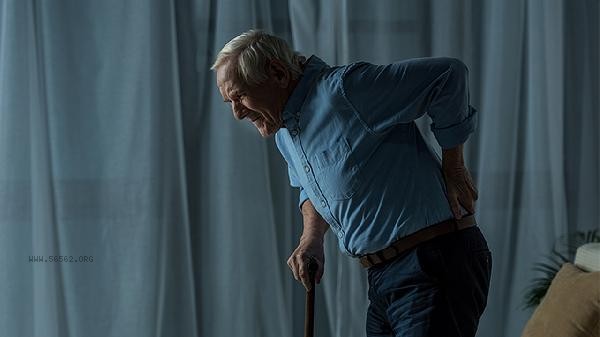
4. Gynecological diseases
Female lower back pain and swelling may be related to gynecological diseases such as pelvic inflammatory disease and uterine fibroids. This type of pain is mostly in the lower back and may be accompanied by symptoms such as menstrual abnormalities and increased vaginal discharge. Traditional Chinese medicine can use methods such as moxibustion at Guanyuan acupoint and taking gynecological Qianjin tablets for conditioning. It is recommended to keep the perineum clean, avoid getting cold, and rest during menstruation.
5. Kidney deficiency
Traditional Chinese medicine believes that kidney deficiency may lead to lower back pain and swelling, manifested as weakness and soreness in the lower back, aggravated by prolonged standing, and may be accompanied by symptoms such as tinnitus and increased nocturia. Kidney deficiency is divided into kidney yang deficiency and kidney yin deficiency, which can be treated by taking Jin Kui Shen Qi Wan or Liu Wei Di Huang Wan respectively. Overexertion should be avoided in daily life, and kidney tonifying foods such as black sesame and walnuts should be consumed appropriately. Patients with lower back pain and swelling should pay attention to keeping their waist warm and avoid catching a cold; Maintaining moderate exercise, such as Tai Chi and Baduanjin, can help strengthen the muscles in the lower back; Choose a mattress with moderate hardness during sleep; In terms of diet, it is advisable to add ingredients such as yam and goji berries that can strengthen the spleen and kidneys. If the symptoms persist or worsen, timely medical examination should be sought, and after a clear diagnosis, treatment should be followed according to medical advice. Do not self medicate.
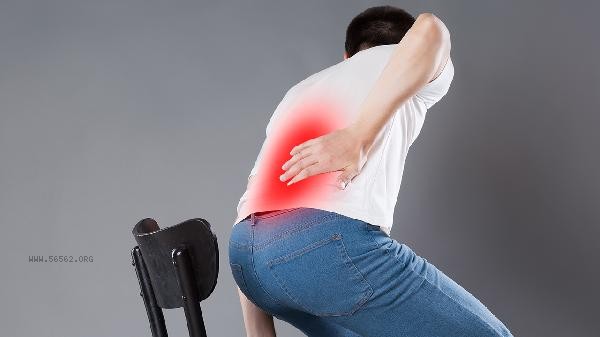

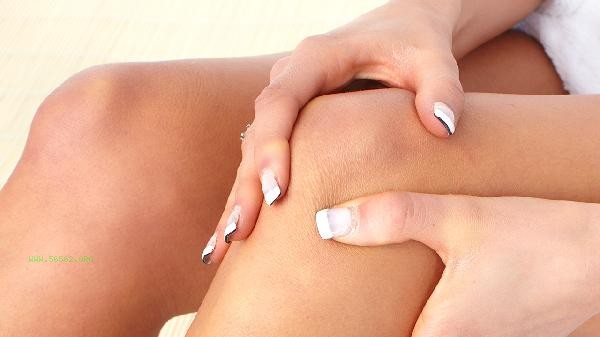
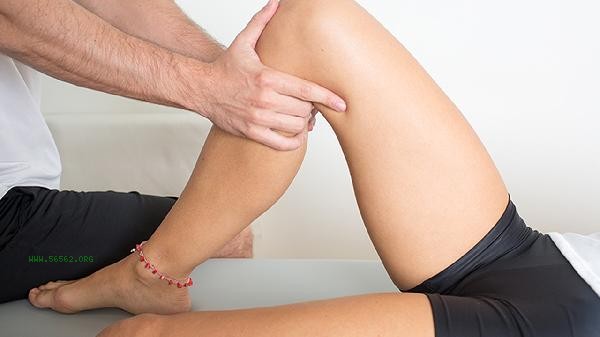
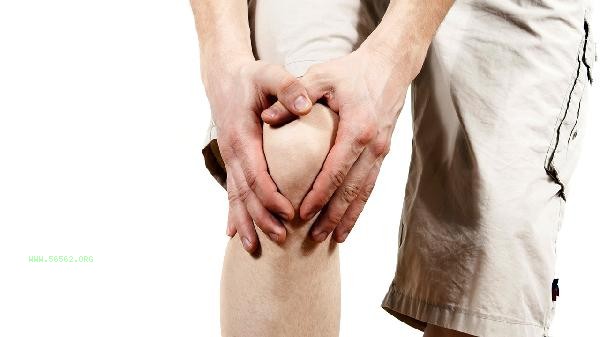
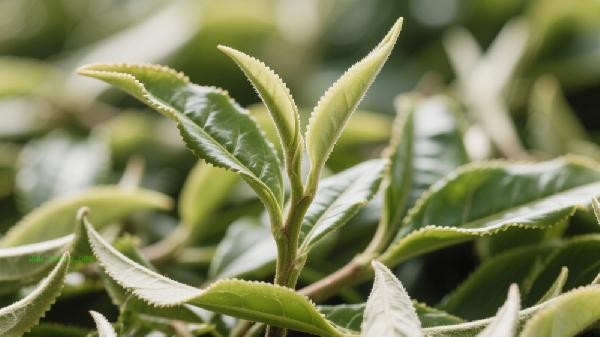
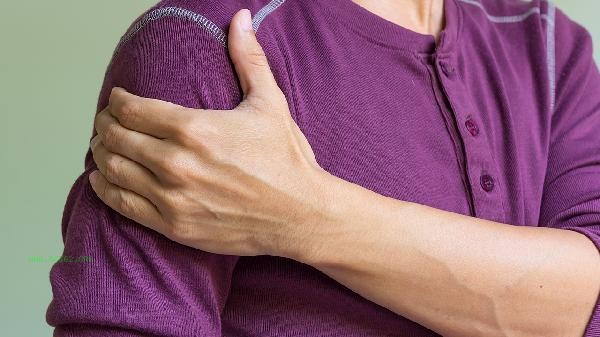


Comments (0)
Leave a Comment
No comments yet
Be the first to share your thoughts!